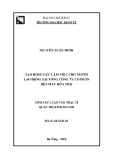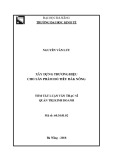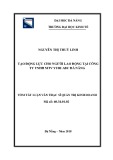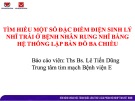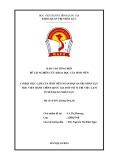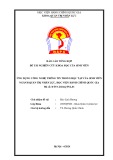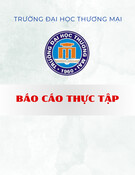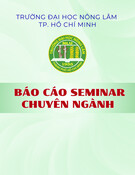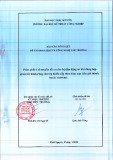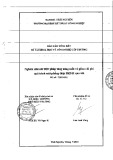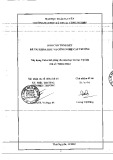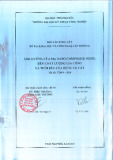
iii
ABSTRACT
Students of English in Vietnam need a general consciousness of directness and
indirectness since they will benefit in many aspects. First, knowing how and when to
use directness and indirectness for communicating purposes is a way serving
politeness and face saving. That good point is for social interaction. In the field of
teaching, directness and indirectness can be used by the teacher to balance the
quality and quantity of work- share between the teacher and the students and
improve the teacher-student relationship.
Vietnamese students of English have difficulties in adjusting the degree of
directness and indirectness in their conversations. Evidently, various cross- cultural
values build up diverse language styles. Directness and indirectness in conversations
do not except and the cultural gap between Eastern and Western countries
unintentionally causes difficulties for the students. Moreover, the condition for
students to sharpen their flexibility in choosing appropriate degrees of directness and
indirectness is still limited because their sensitivity to directness and indirectness is
not put in the adequate attention.
The thesis “Directness in conversations in English and Vietnamese- A comparative
study” is carried out with four specific purposes. The first purpose is to remind students
of English of the values of directness and indirectness in aspects of life and career as
discussing about the importance of directness and indirectness. Secondly, a general
summary about directness and indirectness is given to provide people with a firm
foundation about directness and indirectness. Thirdly, directness in English as well as
indirectness in Vietnamese is investigated to find out similarities and differences between
the two. Lastly, hopefully, this research can give some indications for directness and
indirectness to teachers and students of English.








